Police face tougher vetting after case of serial rapist David Carrick exposed gaps
Police officers are to face tougher vetting checks after shocking gaps in processes allowed serial rapist David Carrick to remain in service for almost two decades.
A consultation has opened on new requirements to re-vet officers after misconduct cases and “mitigate any risks” that are flagged but are not severe enough to stop someone from joining a force.
Anyone unable to hold the most basic level of vetting clearance “should be dismissed from policing”, the College of Policing said, while those with higher levels of checks could be demoted.
There was already a presumption that anyone with a criminal conviction or caution should not pass vetting, especially for violent offences, dishonesty or targeting vulnerable people.
Carrick was able to pass two rounds of police vetting despite the official recording of nine incidents, including rape and violent assault, because he was never prosecuted.
The new vetting guidance does not clearly describe what action forces should take against serving officers or new applicants who are accused of serious offences, but not convicted.
Andy Marsh, chief executive of the College of Policing, said: “The changes to police vetting we are consulting on are vital if we are to start rebuilding trust with our communities.
“The dreadful crimes committed by police officers and staff exposed over recent months are compounded by the fact some of them flew under the radar because opportunities to detect them were missed.
“It is paramount that the public have total confidence in our ability to find officers who do not belong in our ranks.”
But he said that vetting was only “one part of the jigsaw” and that wider efforts were needed to improve police culture and stop officers “turning a blind eye, or join in, with a locker room attitude of complicity”.
Vetting teams are also to be accredited, in a similar way to how police firearms training is licensed, meaning that standards can be better regulated.
Policing minister Chris Philp welcomed the changes and said policing must “root out all unacceptable behaviour from its ranks”, as well as stop unsuitable officers from joining.
The national police lead for vetting, chief constable Debbie Tedds, said that every police officer and member of staff was being run through the police national database to check for concerning information and incidents that may not have resulted in a formal conviction.
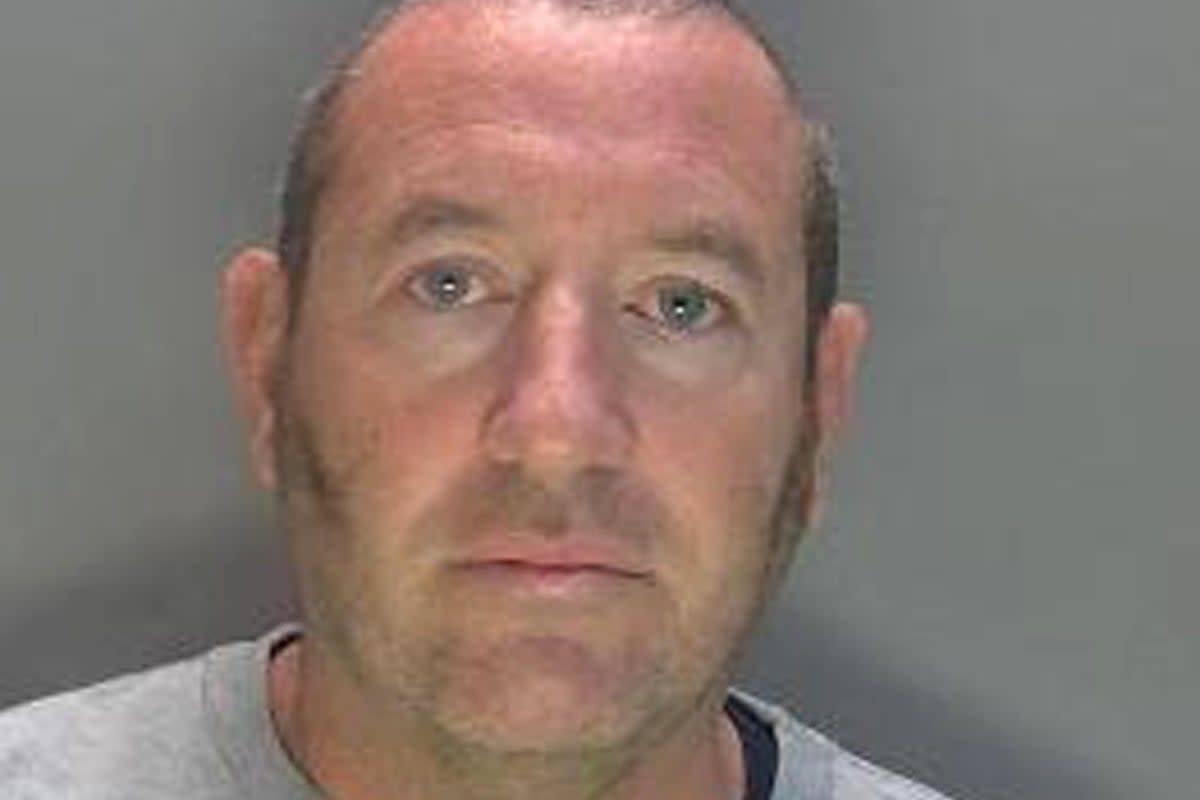
“We know we have a long way to go, but significant amounts of work are being done to ensure vetting is as thorough and regular as it can be,” she added.
The home secretary asked the College of Policing to strengthen the vetting code of practice after Carrick admitted his horrific crimes in January.
Carrick has been jailed for 49 offences, representing more than 70 instances of rape and serious sexual offending, against multiple women over 17 years.
He started his campaign of abuse before joining the Metropolitan Police, with the force investigating him in 2000 for allegedly harassing and burgling a former partner after refusing to accept the end of the relationship.
No charges were brought and when he was vetted as part of his application to join the same force the following year, he passed the checks and was allowed to become a constable.
Carrick should have been re-vetted after 10 years of service but delays caused by huge backlogs in the Metropolitan Police meant that the check did not take place until 2017 – six years late.
“On both occasions his vetting was successful, but we know the vetting requirements were not as robust for either of these clearances as they are now,” a spokesperson for the force said in January.
“The Met's approach to vetting has changed significantly in recent years and is now far more robust.
Tributes paid to Sarah Everard at Clapham Common vigil
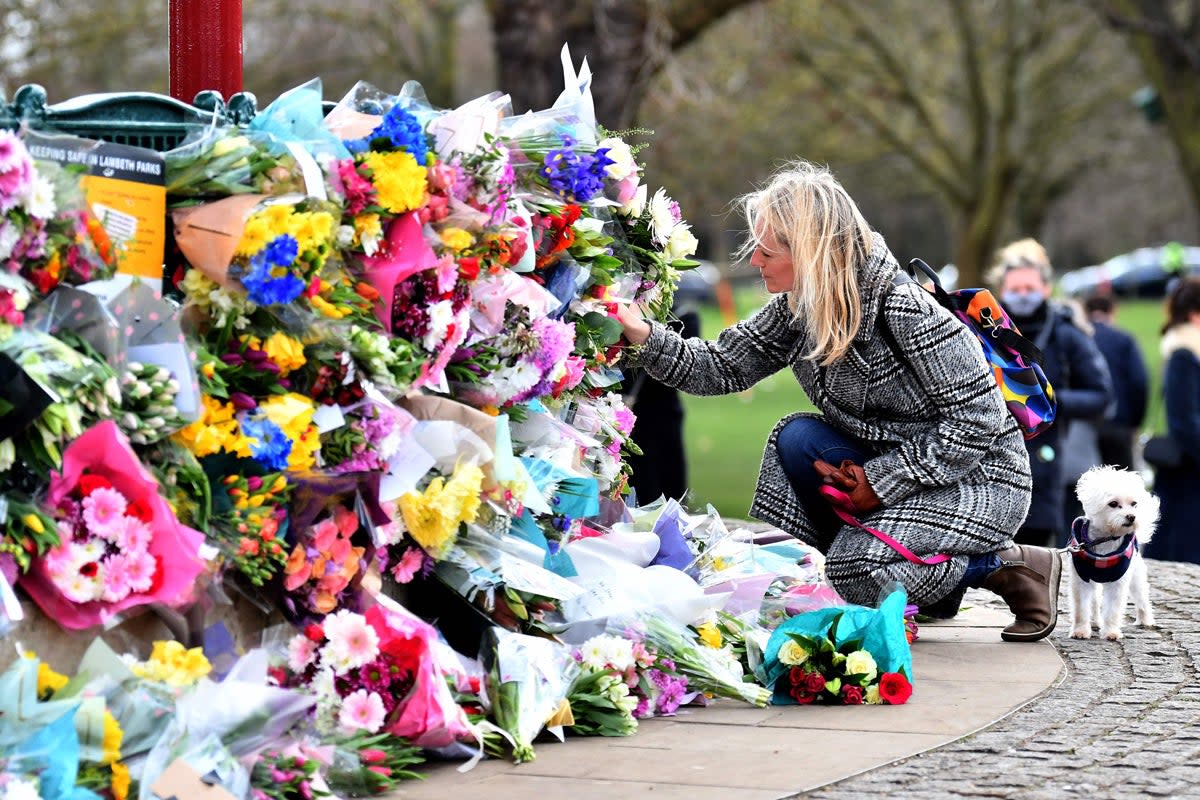
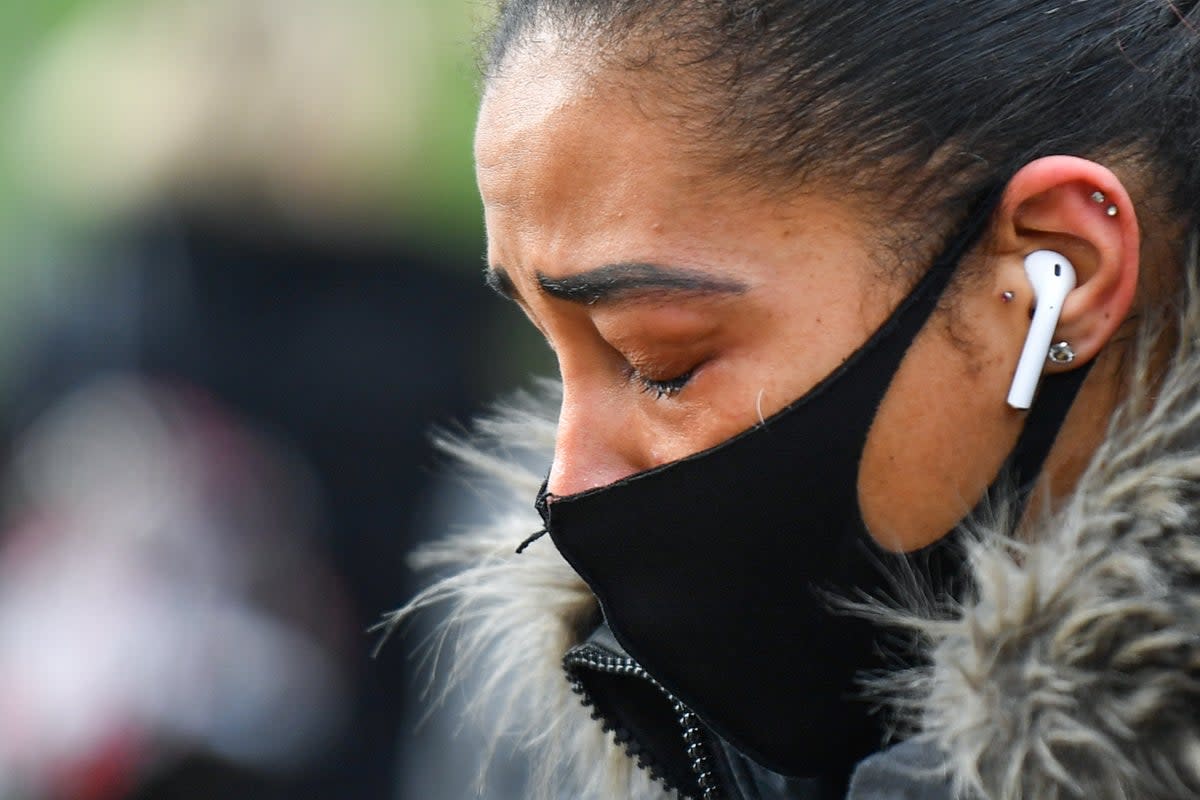
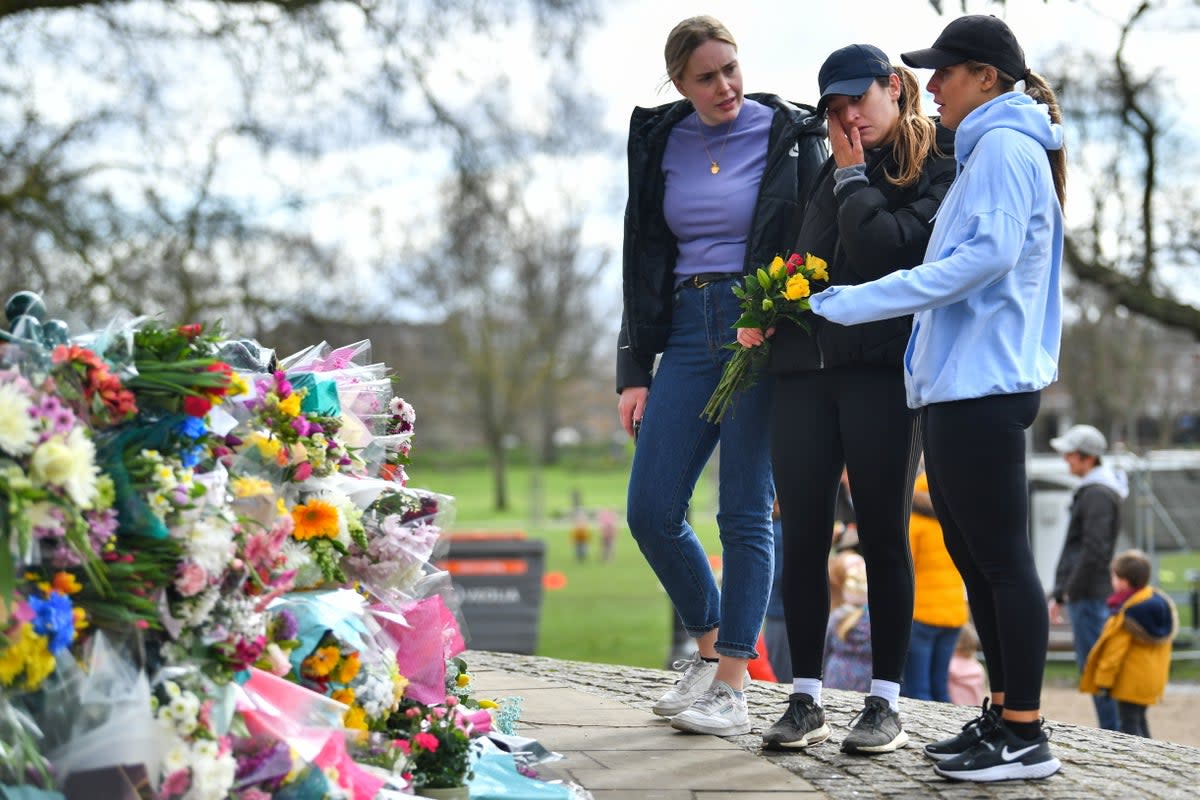
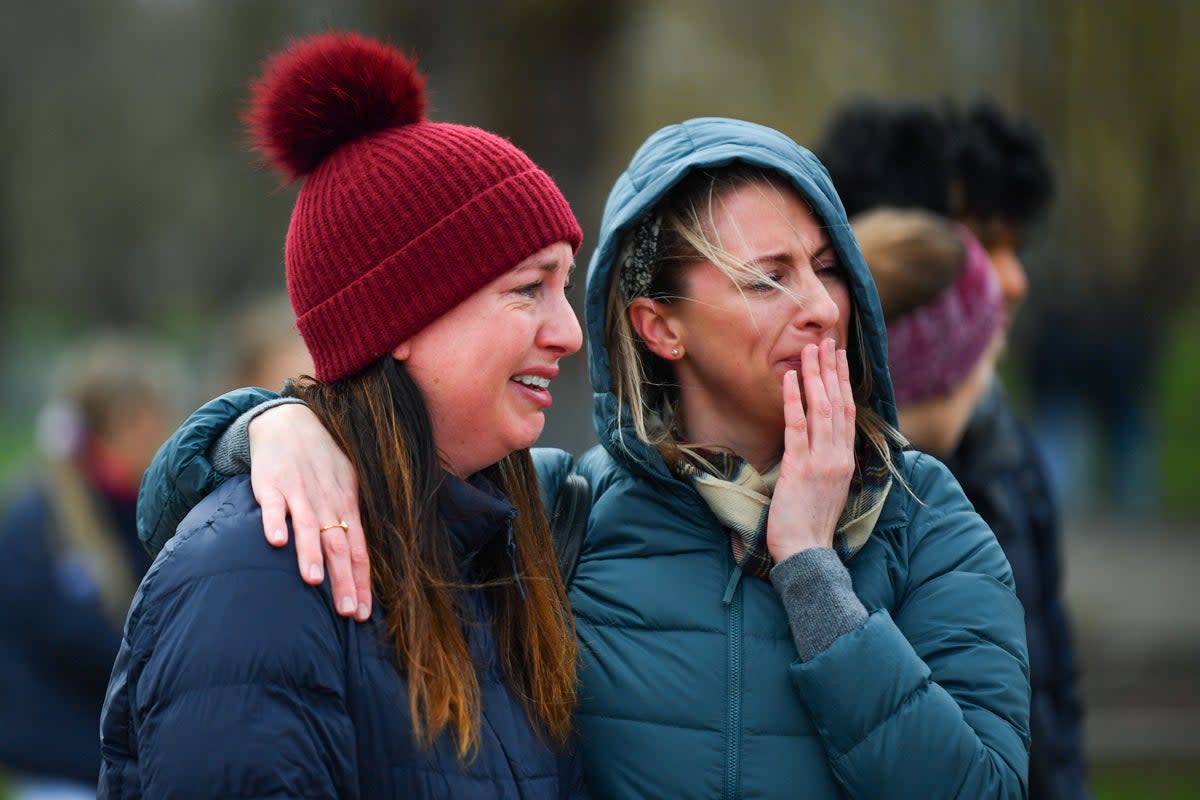
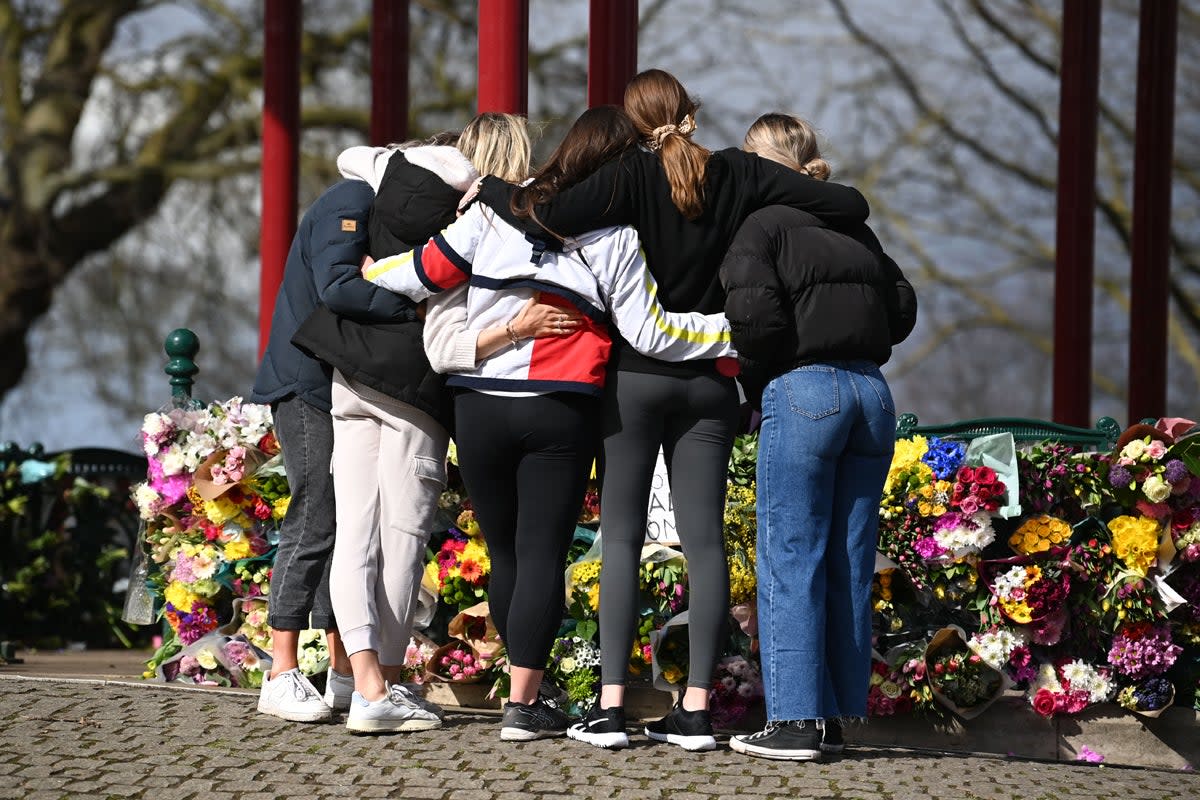
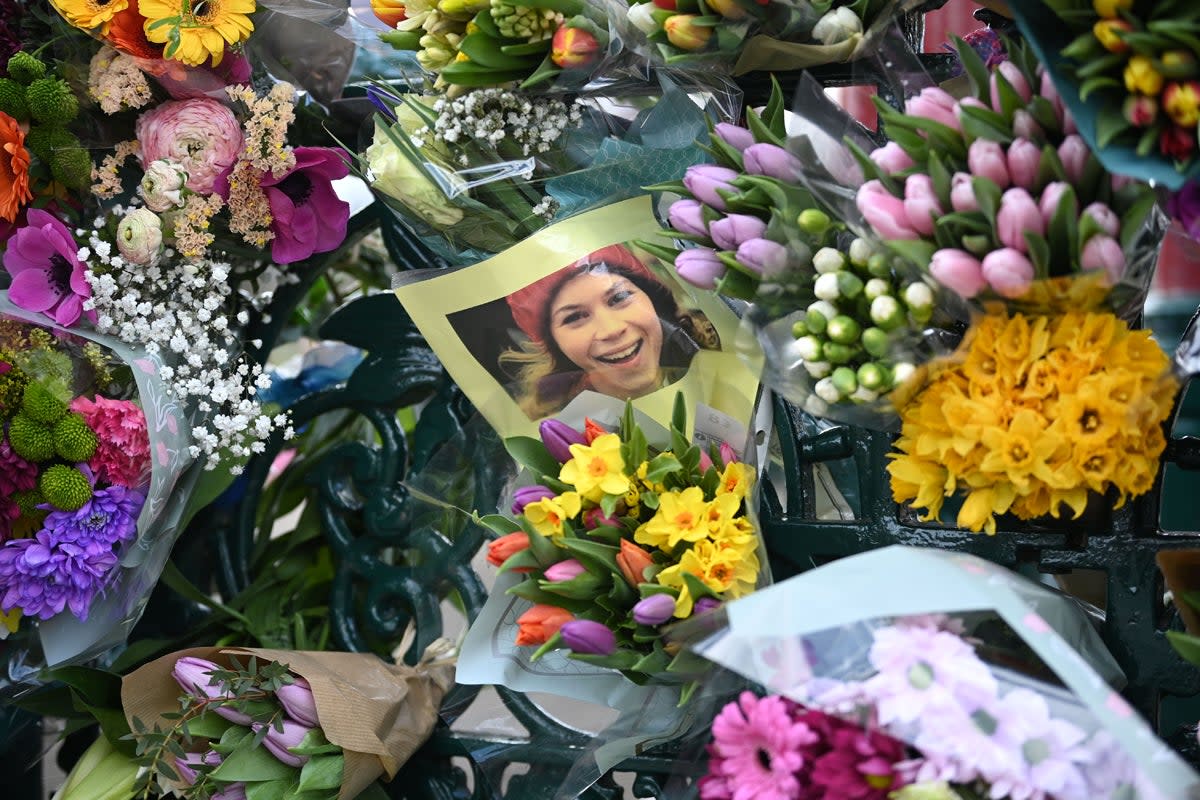
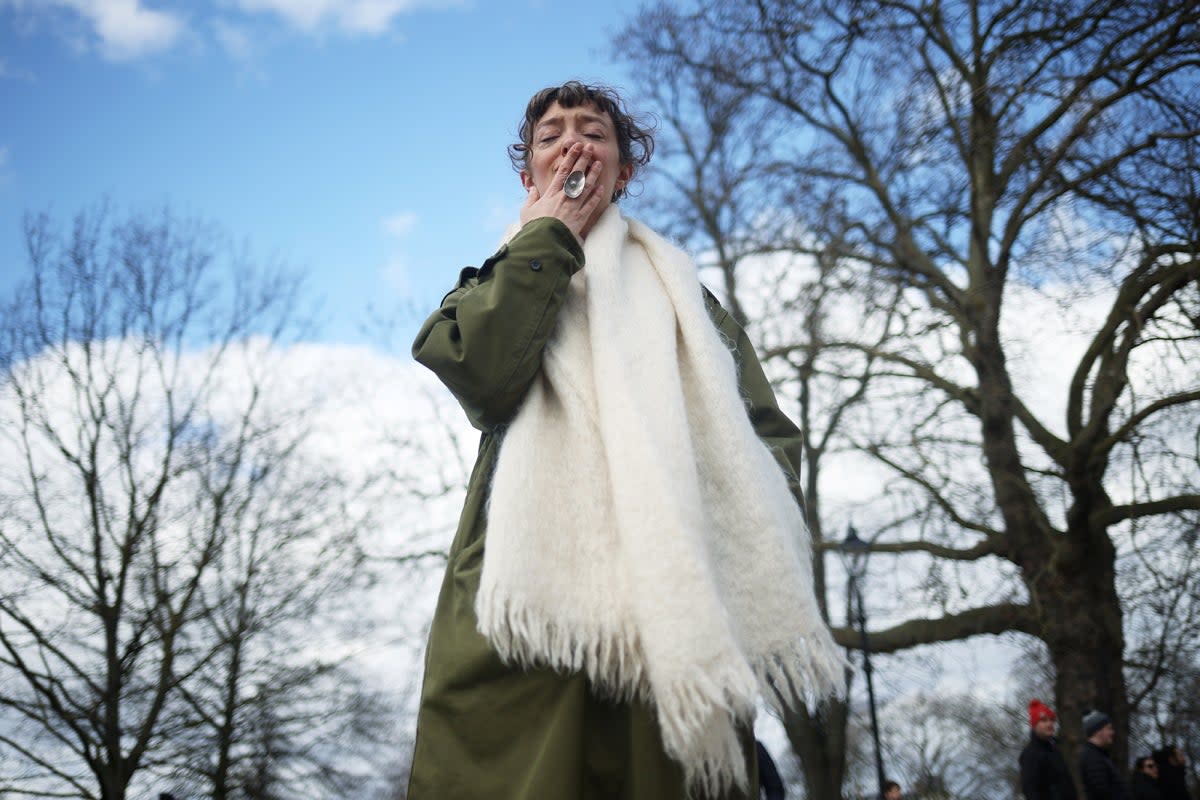
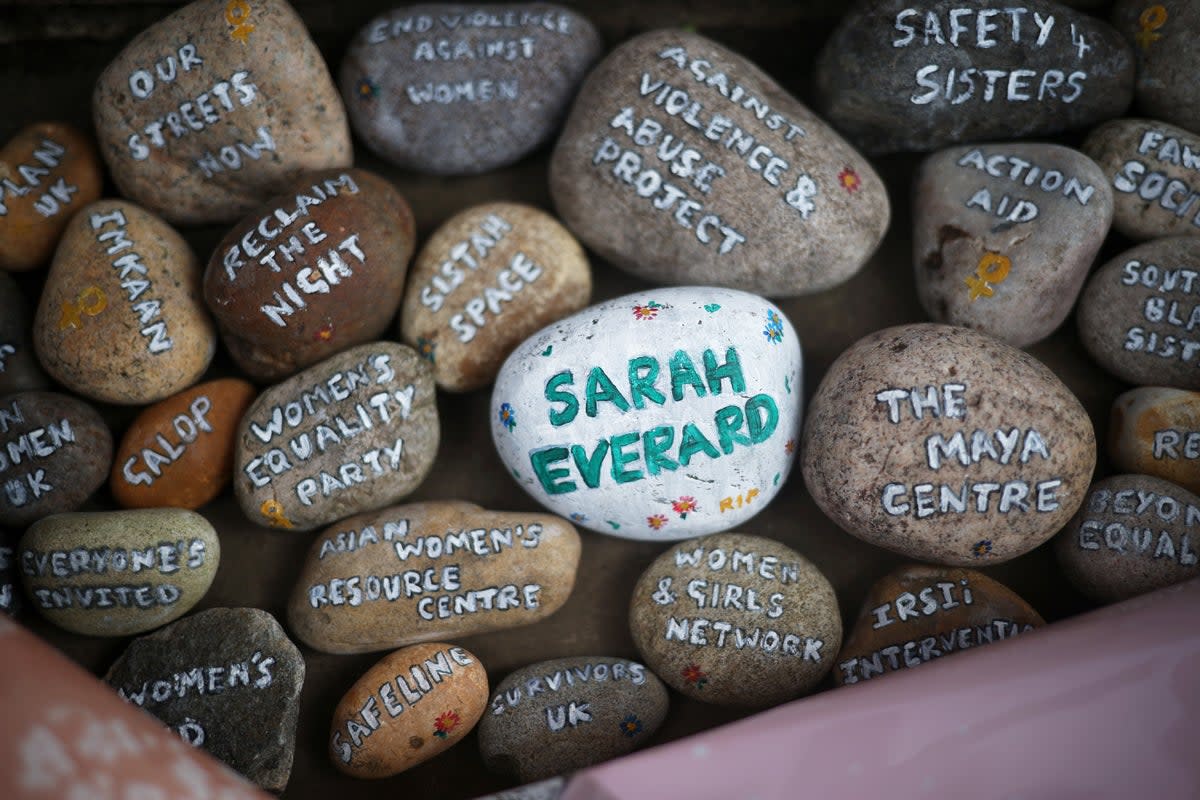
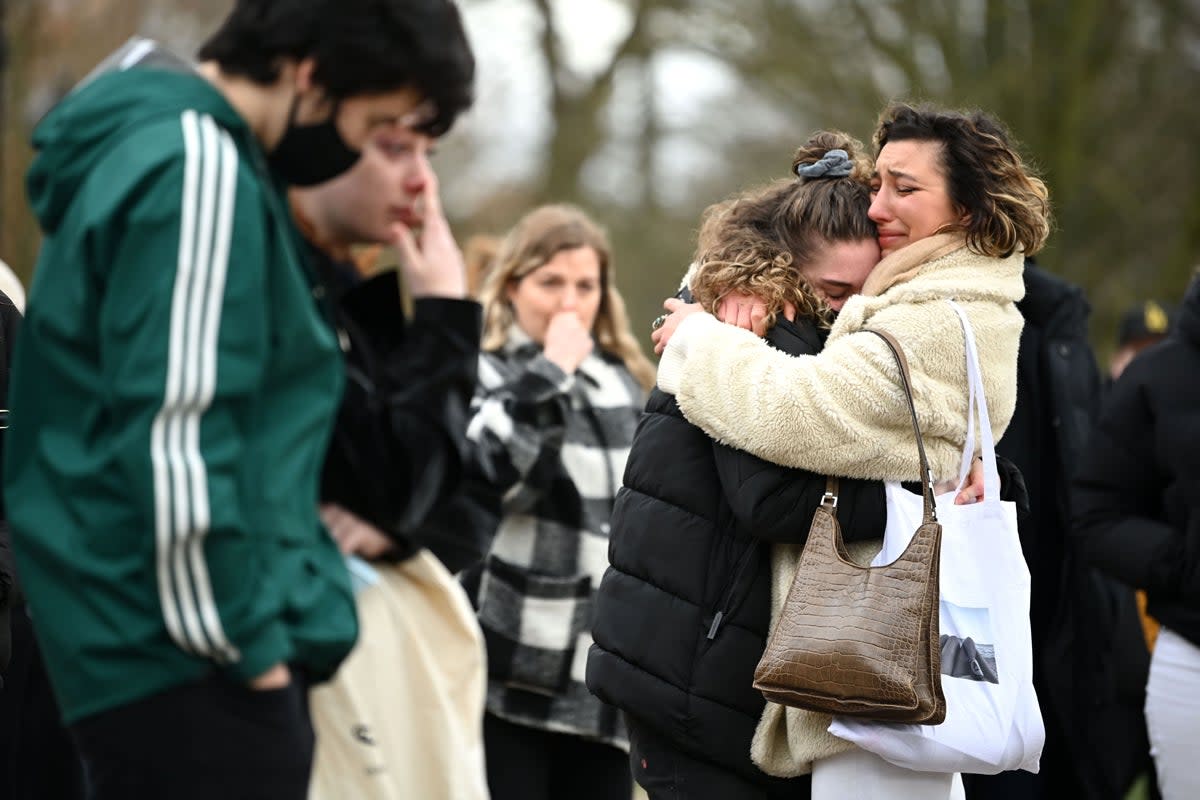
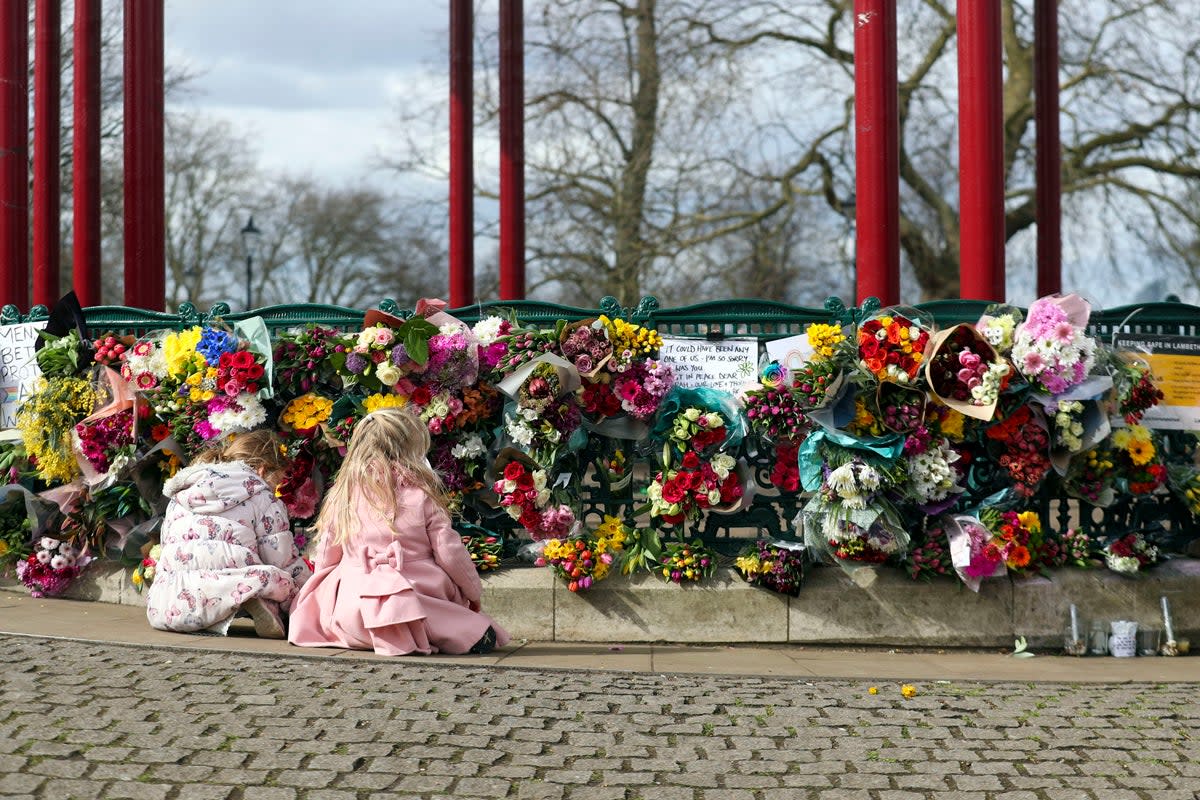
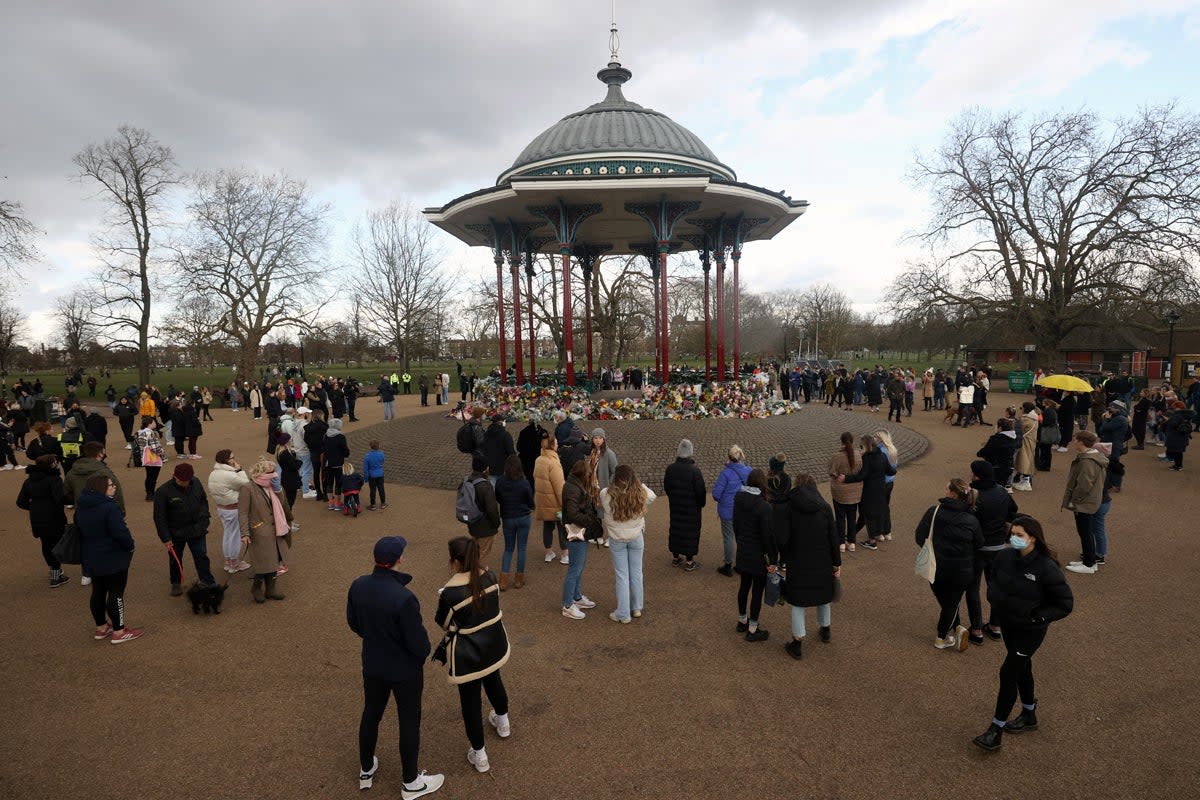
“Were Carrick to have been re-vetted following his arrest [for rape] in 2021 according to the processes in place today, he would not have received vetting clearance.”
The Met said that previously, even if officers were arrested and investigated for rape or other serious offences, their vetting would not be reviewed.
Wider issues with police recruitment and vetting are being probed by a public inquiry triggered following the murder of Sarah Everard, and HM Inspectorate of Constabulary is checking whether forces properly responded to previous recommendations.
